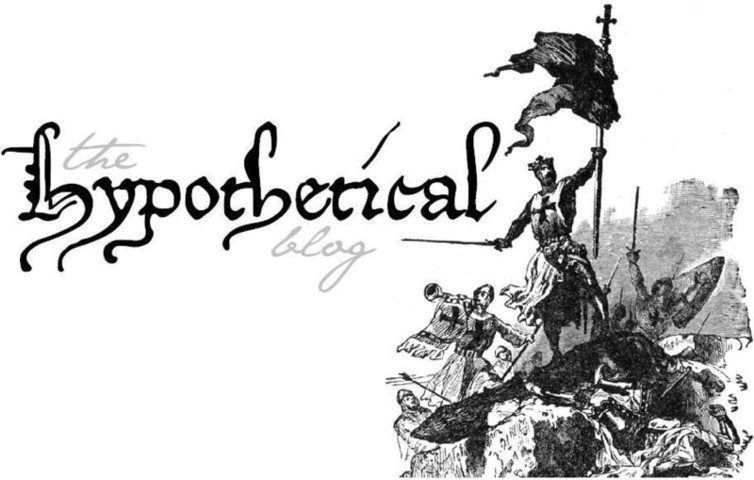 I started reading Beowulf again the other day. I read it once several years ago (Seamus Heaney's translation. No, as much as I would like to, I don't read it in Anglo-Saxon. I only know about four words of the language. Hwaet, werguild, wyrd, and wyrm, if you care to know.) I wasn't that impressed with it then. The story was good - I could see that - but I felt let down by the words Heaney used to translate it. They didn't seem to me to fit, somehow. The story would be soaring along and then some jarring, modern word would intrude. I suspect that this was chiefly because I had just finished reading Tolkien's The Lay of Leithian (which is an awesome epic poem, by the way, though it be incomplete) and he matches his style his theme. This time round I laid hold of different translation. Strange to say, I'm finding I don't really care about the style it's told in - the story's simply too wonderful. It feels almost as if I'm reading Lord of the Rings in verse, even to the point where they seem to share the same characters. Its even set in Middle-earth, or Middangeard.I read somewhere recently (can't remember where) that Tolkien himself said that Beowulf was one of the greatest influences on his work.
I started reading Beowulf again the other day. I read it once several years ago (Seamus Heaney's translation. No, as much as I would like to, I don't read it in Anglo-Saxon. I only know about four words of the language. Hwaet, werguild, wyrd, and wyrm, if you care to know.) I wasn't that impressed with it then. The story was good - I could see that - but I felt let down by the words Heaney used to translate it. They didn't seem to me to fit, somehow. The story would be soaring along and then some jarring, modern word would intrude. I suspect that this was chiefly because I had just finished reading Tolkien's The Lay of Leithian (which is an awesome epic poem, by the way, though it be incomplete) and he matches his style his theme. This time round I laid hold of different translation. Strange to say, I'm finding I don't really care about the style it's told in - the story's simply too wonderful. It feels almost as if I'm reading Lord of the Rings in verse, even to the point where they seem to share the same characters. Its even set in Middle-earth, or Middangeard.I read somewhere recently (can't remember where) that Tolkien himself said that Beowulf was one of the greatest influences on his work.I took the book to the beach with me yesterday, found a lonely rock upon the silver strand and, to the sound of the waves (I can never decide if they sound mournful or joyous) read a good bit of it aloud to myself - the part where Beowulf is preparing himself to wrest with the demon Grendel. Ah! But it was stirring!
I remember the basic plot line, but not the details of the rest of the story - may it meet my expectations and hopes!
And just for the record: Beowulf is NOTHING like the despicable film that has been made based on it. Beowulf is really a hero! Suffice to say, I have not seen the film, but when I heard the movie had been released, I read a review and was shocked - nay - scandalized by the changes they'd made.



